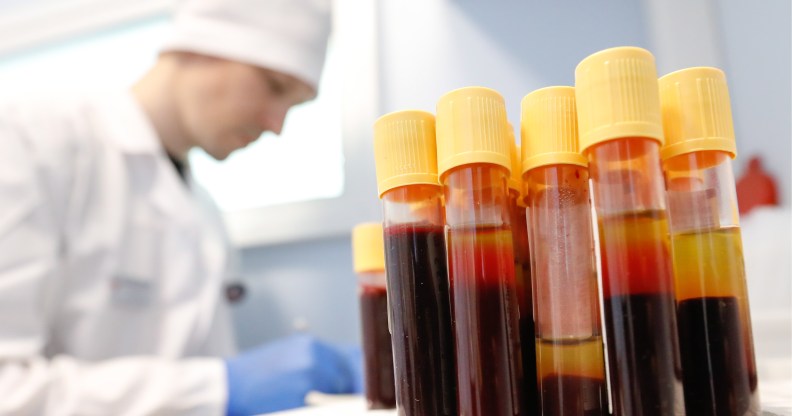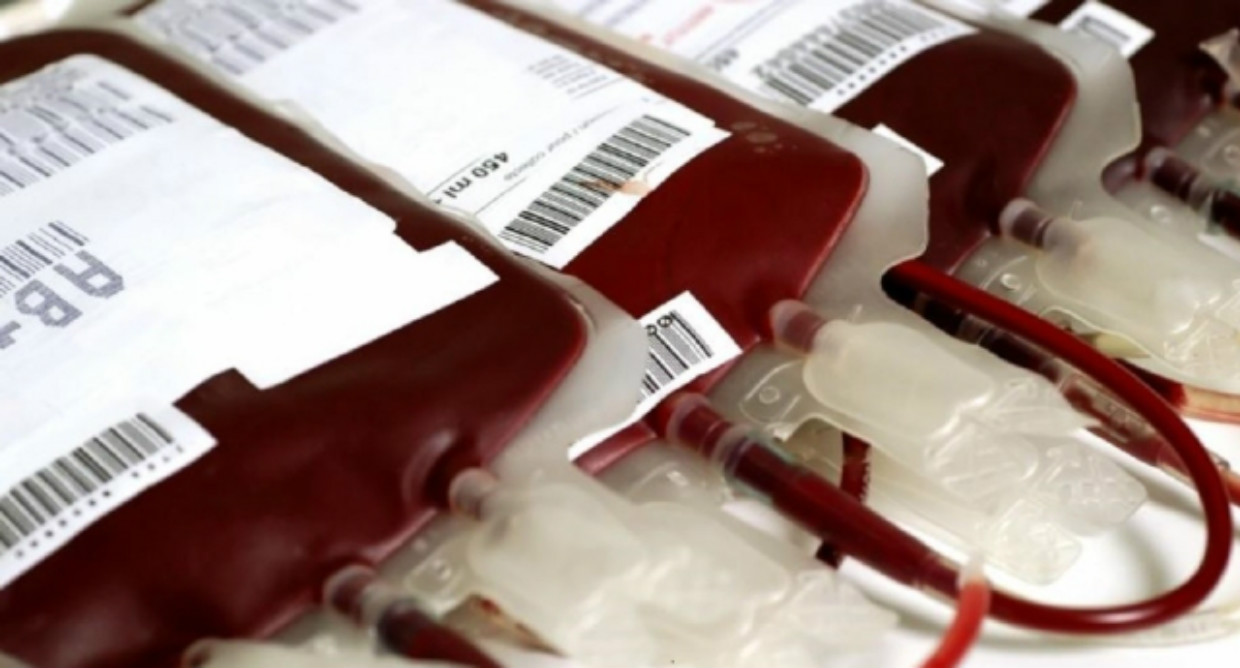Scotland could have saved hundreds from HIV in 80s blood scandal, new evidence reveals

Artyom Geodakyan/Getty
Hundreds of people could have avoided contracting HIV in the contaminated blood scandal of the 1970s and 80s if English health authorities had accepted help from Scotland, new evidence has revealed.
As many as 30,000 people with haemophilia and other bleeding disorders were infected with HIV-positive blood in what is now known to be the biggest treatment disaster in NHS history. Nearly 3,000 people died.
At the time the UK was struggling to keep up with the demand for a clotting treatment called Factor VIII, which is made using human blood plasma. The NHS opted to import blood from the US, but the risks of blood-borne diseases were not fully understood and many donors were prison inmates or drug addicts.
A newly-emerged letter from January 1990 revealed that health officials made “a grave error of judgement” in rejecting offers of help from a Scottish facility which had spare capacity to safely produce the treatment.
Written by the then-director of the Scottish Blood Transfusion Service, professor John Cash, it states that the first offer of help was made in the late 1960s, and again between 1980 and 1981 after production tests showed the Scottish facility had “very substantial” spare capacity.
But the offers were repeatedly rejected by civil servants in the Scottish Office in Edinburgh and in the Department of Health and Social Services (DHSS) in London.

Thousands contracted HIV after US-imported blood was given to patients (Getty)
Cash wrote: “It was assumed by those of us on the shop floor that this experiment would expedite arrangements to give England and Wales assistance – but nothing materialised.”
He spoke of “serious defects in the operational liaison” in the DHSS and Scotland, which at the time had two separate blood transfusion services. He said he tried to “persuade on numerous occasions” the need for joined-up working, but was unsuccessful.
The letter was released under the Freedom of Information Act to to campaigner Jason Evans, whose father died in 1993 when treated with contaminated blood. The campaign and advocacy group for the scandal, Factor 8, called it “an incredible piece of evidence”.
So many of these people would still be alive if it were not for the total negligence that took place.
“We have testimony in black and white here, from a very senior source, which effectively shows hundreds of HIV infections within the haemophilia community could and should have been prevented,” said Evans, who is also the founder of Factor 8.
“The statistics say it all – 59 haemophiliacs were infected with HIV in Scotland, as opposed to 1,243 in England, where a high proportion of HIV-infected Factor VIII from the US was used.
“It fills me with a distinct sense of horror that so many of these people would still be alive if it were not for the total negligence that took place.”

